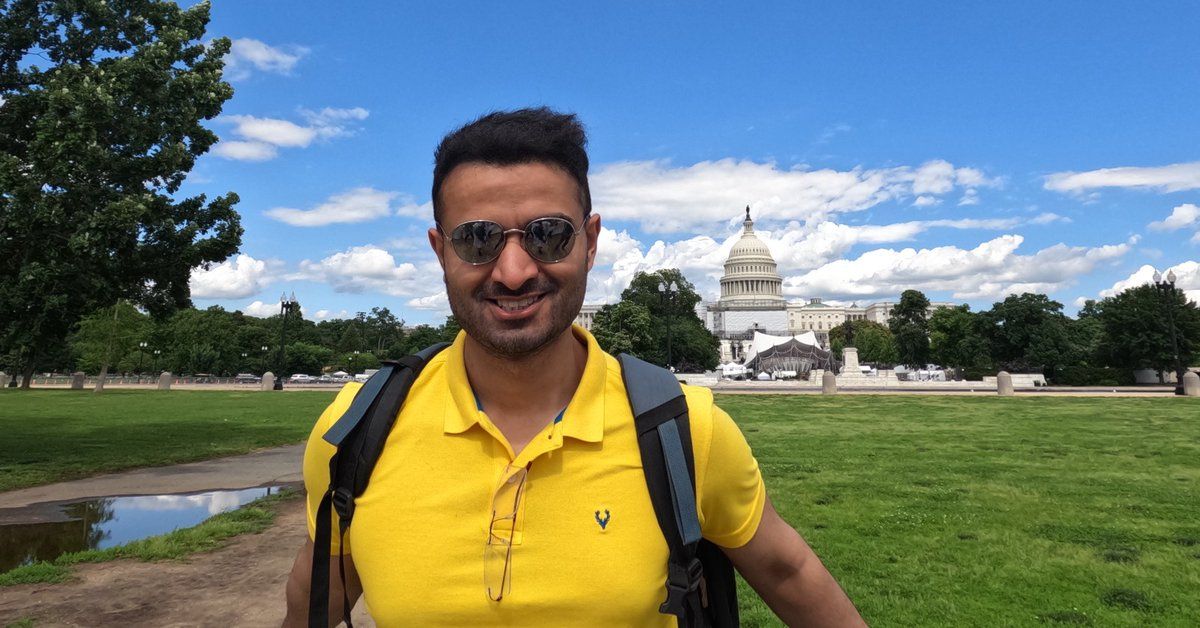What Happens If You Fail To Clear UPSC Exam? CEO Shares On Viral Twitter Thread
Former aspirant Naman Srivastava took to Twitter to share his experiences with failing the UPSC in a viral thread, detailing how aspirants and candidates can dream of bright futures even if they are unable to clear the exam.

Like every year, the results of the UPSC CSE 2021 generated much buzz across the country, with top rank holders sharing their stories of struggle, hard work, and triumph with future aspirants, hopeful candidates, and the like.
Compared to the hundreds who achieved their dreams and goals, lesser-heard was the tale of thousands who were unable to clear the exams.
The internet abounds with stories of experts and toppers who share the right strategies to follow and crack the exam. But what happens when a candidate fails the exam or runs out of their prescribed number of attempts?
A recent tweet by a former UPSC aspirant who was unable to clear the exam by just eight marks has initiated some conversation around this.
Through a viral Twitter thread, Naman Srivastava talks about how he turned out his life after failing the UPSC almost five years ago. The tweet has garnered over 2,500 likes and 300 retweets.
He tweeted, “What does life look like if you don’t clear UPSC? Five years ago, I missed the UPSC final list by eight marks. My score in optional was among the highest in India, and my interview score of 204 was the second-highest. A few years down the line, I’m in Istanbul..”
What does life look like if you don’t clear UPSC?
5 years ago, I missed the #UPSC final list by 8 marks. My score in optional was among the highest in India, and my interview score of 204 was the second-highest.A few years down the line, I’m in Istanbul..
Read On, ReTweet. pic.twitter.com/o7X4L4dk60
— Naman Shrivastava (@namanshrivastav) June 1, 2022
Naman talks about leaving his dream of becoming an IAS officer and deciding to pursue an MBA degree. He says this was the right decision, and it changed his life for good.
– discussing with one of India’s entry-level diplomats, whether it makes sense for him to leave the services and do an #MBA.
1. India has changed: We aren’t a 20th-century socialist economy anymore. (1)— Naman Shrivastava (@namanshrivastav) June 1, 2022
He then talks about how the Indian landscape has changed, and that global opportunities can be pursued even without cracking the UPSC.
With the advent of liberalization – state control of power has shifted from generalist civil services to specialized well trained professionals.
The current Joint Secretary of Civil Aviation is an #MBA from IIM A and was a partner at KPMG. (2)— Naman Shrivastava (@namanshrivastav) June 1, 2022
Our Prime Minister’s OSD worked Pro Bono as an intern with him initially. And there are 100 others who are laterally hired and contributing immensely through their work. (3)
— Naman Shrivastava (@namanshrivastav) June 1, 2022
Naman who currently works as the chief executive officer at Global Governance Initiative (GGI), a policy consulting, management and sustainability platform, notes that his company collaborated with the office of Jayant Sinha, when he was hiring for his Officer on Special Duty (OSD).
In fact, at GGI we recently collaborated with the office of Jayant Sinha – when he was hiring for his OSD – and a few GGIians were invited to interview for the position. (4)
— Naman Shrivastava (@namanshrivastav) June 1, 2022
He points to CEOs of US tech giants like Sundar Pichai and Satya Nadella to draw attention to the large-scale impact they have created — “Civil services isn’t the only route in 21st Century Modern India.”
2. Working for Society Narrative: If Sunder Pichai or Satya Nadella had cleared UPSC – they would be working as a collector in Greater Noida. It is no small feat. But, the large-scale impact that they have created is insurmountable to ones that could have been created (5)
— Naman Shrivastava (@namanshrivastav) June 1, 2022
He concludes the thread by attaching a video from his YouTube channel, wherein he talks about how UPSC aspirants can make a change by working for international organisations like the World Bank, United Nation and so on.
(Edited by Divya Sethu)
If you found our stories insightful, informative, or even just enjoyable, we invite you to consider making a voluntary payment to support the work we do at The Better India. Your contribution helps us continue producing quality content that educates, inspires, and drives positive change.
Choose one of the payment options below for your contribution-
By paying for the stories you value, you directly contribute to sustaining our efforts focused on making a difference in the world. Together, let's ensure that impactful stories continue to be told and shared, enriching lives and communities alike.
Thank you for your support. Here are some frequently asked questions you might find helpful to know why you are contributing?


This story made me
-
97
-
121
-
89
-
167














